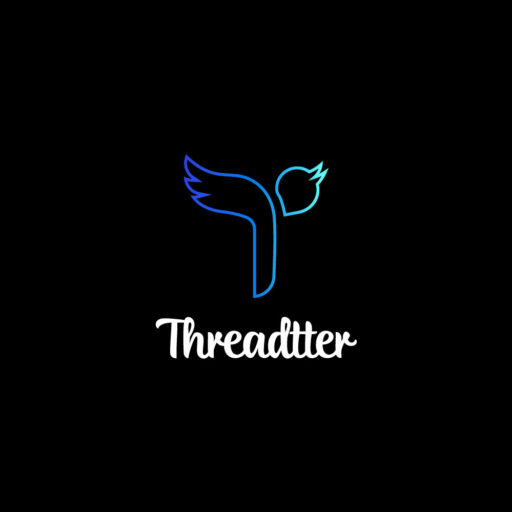OpenAI has been at the forefront of artificial intelligence research, developing cutting-edge models like GPT-4 and advancing the field of generative AI. However, recent reports indicate that OpenAI is seeking protection and support from the U.S. government. This has sparked speculation: Why does a tech giant in AI innovation need governmental backing? Is this move about securing national interests, ensuring AI safety, or defending against geopolitical competition?
This article uncovers the truth behind OpenAI’s request for U.S. government protection and its broader implications.
1. Rising Geopolitical Competition in AI
One of the primary reasons for OpenAI’s appeal to the U.S. government is the intensifying global AI arms race. Nations like China, Russia, and the European Union are aggressively advancing their AI capabilities, often with significant state backing. According to the Stanford AI Index Report (2024), China’s investment in AI research and development surpassed $25 billion in the past year alone, outpacing U.S. investments in certain areas (Stanford AI Report).
Key concerns include:
- AI Talent Drain: Competitors like China are offering lucrative incentives to attract top AI researchers.
- State-Sponsored AI Programs: Government-backed AI initiatives in rival nations could outpace private sector-led innovation in the U.S.
- National Security Risks: Advanced AI models in the wrong hands could be weaponized for cyberattacks, disinformation campaigns, or economic manipulation.
By aligning with the U.S. government, OpenAI aims to secure its research, protect intellectual property, and ensure American leadership in AI remains unchallenged.
2. Safeguarding Against Hostile Takeovers and Adversarial AI
The potential acquisition of AI firms by foreign entities poses another significant risk. OpenAI, despite its status as a nonprofit-turned-capped-profit entity, remains vulnerable to strategic investments from overseas actors.
- Regulatory Protections: Seeking U.S. government support can help OpenAI avoid hostile takeovers or forced technology transfers.
- AI Model Security: Ensuring that OpenAI’s proprietary AI models remain secure from adversarial exploitation.
- Strategic Collaboration: Aligning with the U.S. government could provide OpenAI with access to defense-grade cybersecurity protections.
3. Concerns Over AI Safety and Ethical Governance
As AI becomes more powerful, concerns over its potential misuse have escalated. OpenAI has long championed AI safety, but its growing capabilities also bring increased risks.
- Preventing Misuse: OpenAI’s models can be exploited for cybercrime, deepfake propaganda, and autonomous hacking.
- Ethical AI Development: Ensuring that AI is developed responsibly with governmental oversight.
- Regulatory Alignment: By collaborating with the government, OpenAI can help shape AI policies that promote ethical AI deployment without stifling innovation.
4. Access to Government Contracts and Defense Partnerships
Aligning with the U.S. government also opens doors for OpenAI in terms of funding and strategic contracts. The Department of Defense (DoD) and other federal agencies are increasing investments in AI for:
- Cybersecurity Defense Systems
- Intelligence Analysis & Surveillance
- Autonomous Military Systems
A 2023 DoD AI Strategy Report reveals that government spending on AI-driven defense initiatives exceeded $10 billion, making this a lucrative opportunity for OpenAI (DoD AI Strategy).
5. Shielding Against Overregulation and Legal Challenges
AI regulation is evolving rapidly, with lawmakers worldwide considering strict controls over AI development and deployment. OpenAI’s request for U.S. government support may also be an attempt to:
- Influence AI Regulations: Ensuring policies favor innovation while maintaining reasonable safeguards.
- Prevent Overreach: Governments imposing excessive restrictions could stifle OpenAI’s research and commercial growth.
- Legal Immunity: Aligning with national security interests might provide legal protections against potential liabilities linked to AI-generated content.
The EU AI Act (2024) has already introduced strict regulatory measures that could impact AI companies operating in Europe, setting a precedent for global AI governance (EU AI Regulation).
The Future of AI Jobs: How OpenAI is Redefining the Workplace
Conclusion: A Strategic Move for Long-Term AI Dominance
OpenAI’s request for U.S. government protection is not just about security—it is a strategic move aimed at solidifying its position as a global AI leader. By partnering with the government, OpenAI ensures:
- Protection from Geopolitical Threats – Avoiding foreign takeovers and adversarial AI exploitation.
- Enhanced AI Security & Safety – Strengthening safeguards against cyber threats and misuse.
- Access to Strategic Government Contracts – Tapping into lucrative defense and intelligence projects.
- Influence Over AI Regulation – Shaping policies to balance innovation with safety.
- Global AI Leadership – Securing America’s dominance in AI development.
As AI continues to reshape global power dynamics, OpenAI’s alignment with the U.S. government underscores the critical intersection of technology, security, and policy. The question remains: Should AI innovation be driven solely by private enterprises, or does government involvement ensure a safer, more controlled future?
What do you think? Should OpenAI work more closely with governments, or does this compromise its independence? Share your thoughts below! 🚀


